
Cloud Revolutionises the Way Logistics Companies Operate
Contents
Introduction
In the past decade, cloud has revolutionised the way many businesses operate. In the logistics industry, cloud computing has enabled companies to be more efficient, cost-effective, and secure. Cloud security is an important tool for businesses to protect their data from unauthorized access, data breaches, and malicious attacks. Cloud security also provides businesses with insights into their data, allowing them to identify, prevent, and respond to threats quickly and effectively.
Cloud provides logistics companies with the ability to quickly and securely access data from anywhere in the world. This enables businesses to be more responsive to customer demands, as well as to predict and manage resources more accurately. Companies can also store and manage large amounts of data, which allows for greater scalability of their operations.
This resource will discuss how cloud revolutionised the way logistics companies operate and how an optimised and modernised infrastructure can positively impact each part of a business. If you would like to see what DSP can do for your organisation with cloud, please visit our Cloud services page, or get in touch with one of our specialists.

-EMEA-UKIE-clr-rgb.png)

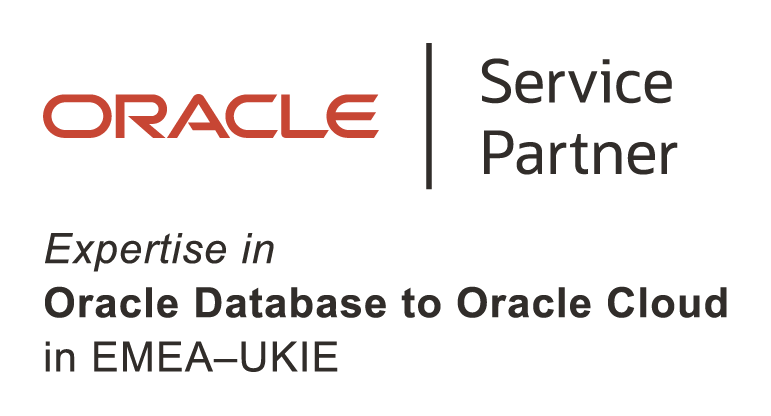
Challenges
In today's digital age, logistics companies are facing a number of challenging issues when it comes to the use of technology and database management. In particular, the challenge lies in having an efficient and cost-effective system that is capable of managing a large volume of data, including customer information, inventory data, and supply chain information.
Data Integration
One significant challenge is the integration of various types of data from different sources. Data integration challenges include data quality issues, data security concerns, and the need for robust data integration processes. Additionally, the cost of integrating various applications and data sources can be costly and time-consuming.
Logistics companies must integrate a variety of software applications, such as enterprise resource planning (ERP) systems, customer relationship management (CRM) software, and warehouse management systems, in order to effectively manage their supply chain and inventory data. Additionally, they must also consider the costs associated with implementing and maintaining these systems.
Data Accuracy & Security
The maintenance of data accuracy and security is a major challenge for logistics companies. Without secure systems in place, customer data and corporate data can be vulnerable to unauthorized access, which can lead to serious consequences. To ensure accuracy, companies must invest in robust data management systems, such as those that store data in a secure, cloud-based environment and use AI and machine learning to detect anomalies and inconsistencies.
Additionally, all data must be regularly updated and checked for accuracy, as any mistakes or inaccuracies can lead to costly delays or disruptions in the supply chain. Furthermore, companies must also ensure that their data is compliant with all applicable laws and regulations (such as GDPR) in order to protect customer data and avoid potential legal penalties. By investing in secure systems and regularly monitoring their data accuracy, logistics companies can ensure the smooth and efficient operation of their supply chain.
Scalability
Logistics companies must also consider the need for scalability. Scalability for logistics companies involves the ability to quickly and effectively increase the capacity of their systems to meet the demands of a growing customer base. This requires careful planning and the development of reliable solutions that can be implemented quickly and effectively. As the volume of data increases, companies must ensure that their systems can support the increasing demand. This entails ensuring the scalability of hardware infrastructure, the efficiency of software applications, and the reliability of data storage solutions.
%
of logistic companies are already on the cloud
%
of logistic companies plans to move to the cloud
Cost-effectiveness
The scalability of the cloud offers a number of advantages to logistics companies. Firstly, they can pay only for the resources they use, allowing them to save time and money. As their business grows, they can quickly add new servers and resources, or scale down depending on their needs. This provides them with more flexibility and agility in responding to changes in their business environment. They can also quickly adapt to new customer demands and changing market conditions, allowing them to stay competitive. All things considered, cloud scalability reduces overhead costs, as companies don't need to purchase hardware or hire additional personnel to manage it.
Remote access
Secondly, cloud computing offers a level of flexibility for logistics companies that cannot be matched by traditional infrastructure. They can access their data from any location and make changes quickly and efficiently. This can be especially beneficial for companies that operate in multiple countries, as cloud technology allows them to instantly deploy services across different regions. Cloud enables remote access to data, allowing users to access their files and apps from anywhere. This eliminates the need to install expensive hardware and the need to store large amounts of data.
Optimisation
Thirdly, cloud offers a robust infrastructure for data storage, which is essential for the logistics industry. Companies can store and back up data securely, while also managing it easily. This data can be used to improve efficiency and productivity, and to make informed decisions. Cloud offers automated solutions that can be used to save time and increase productivity. These include automated processes such as order tracking, inventory management, and customer service. This can help businesses serve their customers better and deliver a better experience.
Customer service
Cloud computing has become a powerful tool in helping logistics companies improve customer service. By using cloud-based software, companies are able to quickly access customer information and provide better, more personalized service. It also helps improve communication between customers, employees, and third-party vendors.
Through cloud-based solutions, logistics companies can offer customers real-time tracking of orders and notifications of their status. This eliminates the need for customers to constantly check in to find out the status of their order. It also allows customers to contact customer service personnel quickly and easily without the need to wait on hold.
Cloud allows logistics companies to store customer data in a safe and secure virtual environment. By having access to secure customer data, companies can more accurately analyse customer trends and preferences. This allows companies to tailor their services and products to meet customer needs.
Security for logistics
With cloud storage, companies are able to securely store their data in an offsite, encrypted location. This means that their data is protected from physical damage and theft, and is much less vulnerable to cyber-attacks. Additionally, cloud storage provides a more cost-effective and efficient way for companies to store large amounts of data without having to worry about the cost of hardware and software.
Flexibility
Cloud provides logistics companies with a scalable and flexible platform for their vast amounts of data. Companies can easily and quickly deploy new services, applications, and software to their customers as well as adjust their storage capacity based on their unique needs.
Protection
Cloud offers an array of security measures that protect companies’ data. These measures include encryption, authentication, authorization, data privacy, and access control. Encryption ensures that data is protected from unauthorized access while authentication and authorization provide users with secure access to data.
Start your cloud transformation with industry leaders
Cloud has revolutionised the way logistics companies operate. It has enabled companies to be more efficient, cost-effective, and secure. It has also enabled them to respond quickly to customer demands and to better manage their data.
If you want to start your journey to modernisation, you can check out our dedicated page which covers all database solutions for logistics companies. Alternatively, why not get in touch with our experts and begin your cloud journey? Click here to speak to a specialist.
%20Oracle%20Database%20to%20Oracle%20Cloud%20Expertise/o-service-prtnr-OracleDBToOracleCloud-EMEA-UKIE-clr-rgb.png)




-EMEA-UKIE-clr-rgb.png)

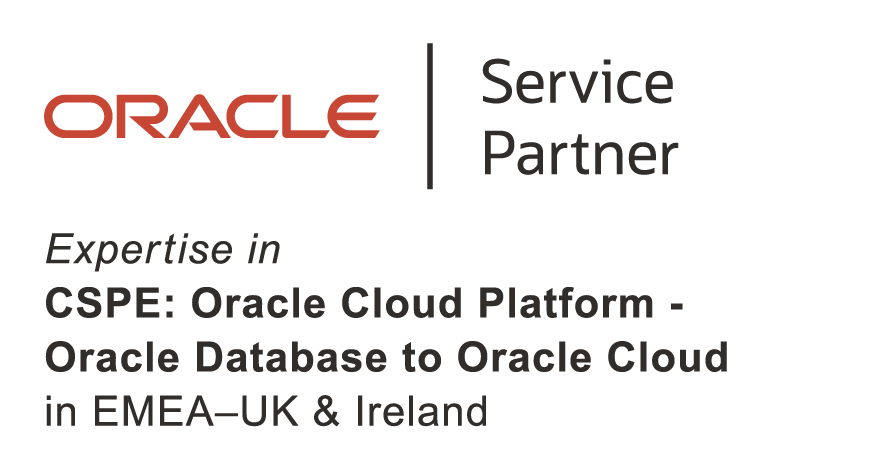

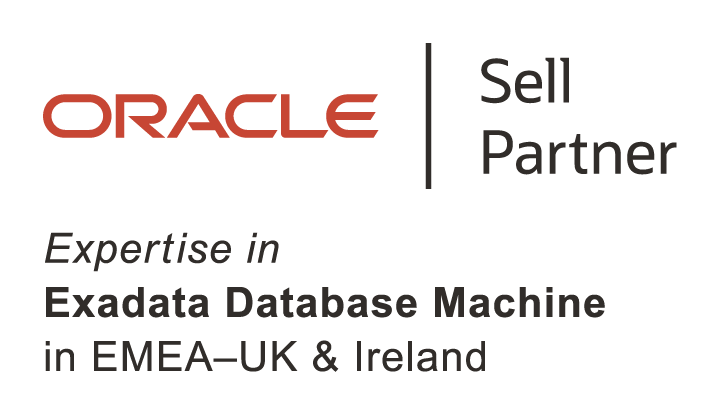




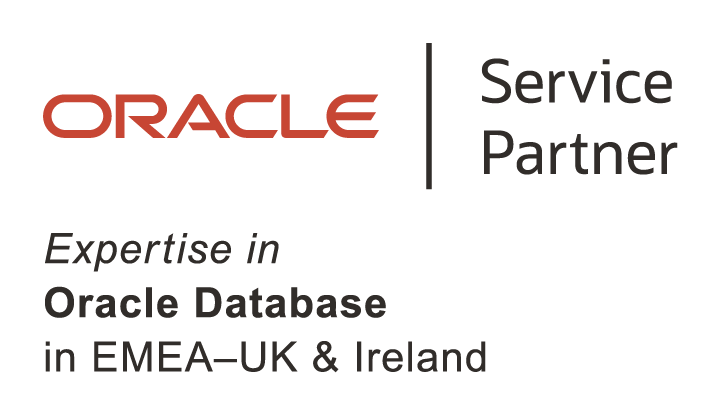

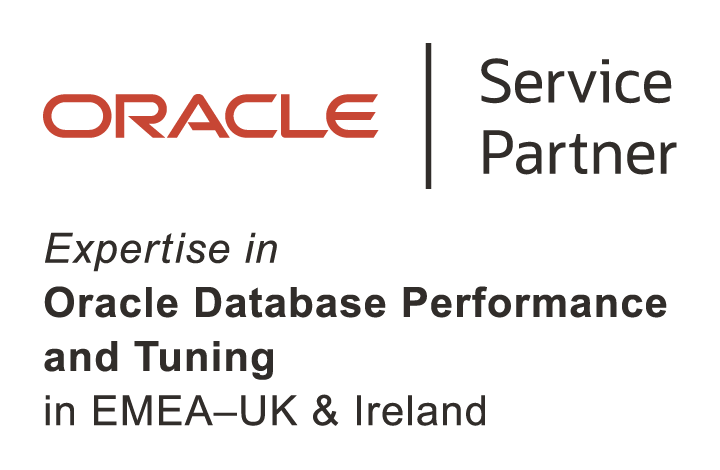

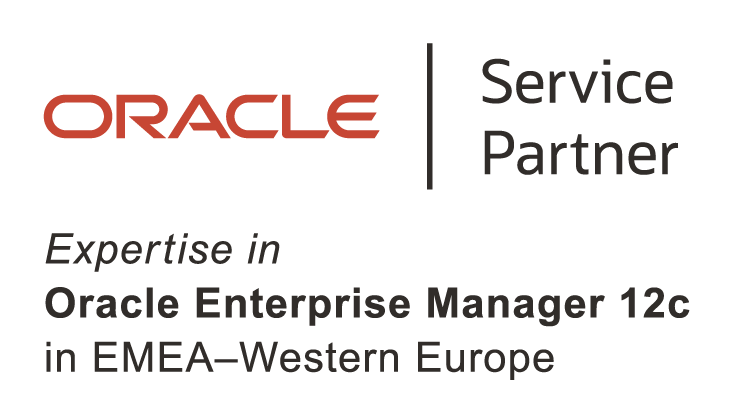

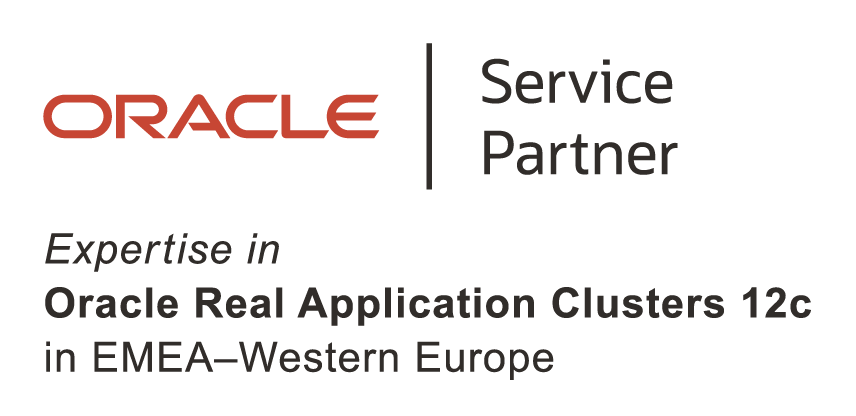



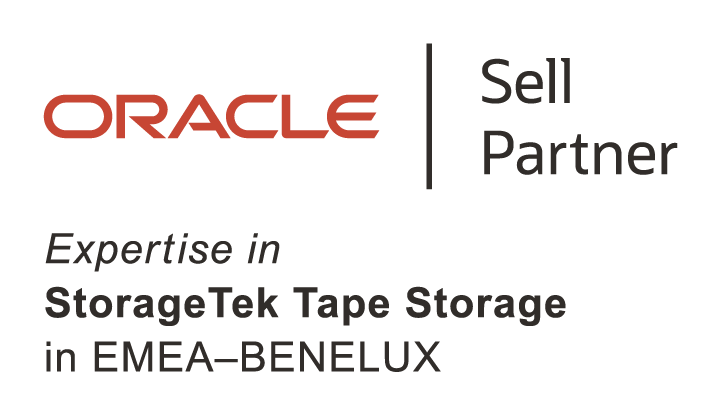



You might also be interested in...
Turn data into results for a responsive supply chain
Making rational decisions can sometimes be difficult. Companies need to use data-driven decision-making systems to make the most effective choices and gain a competitive advantage.
4 strategies for manufacturers to improve processes with cloud
In this document, learn how to facilitate and harness the innovation that will reduce costs, improve productivity and lead to growth through cloud computing.

Want to explore how Cloud can benefit your organisation?
Get in touch with our specialists today and start your cloud journey with industry experts.


.png?width=250&height=56&name=stonewater-logo%20(1).png)


